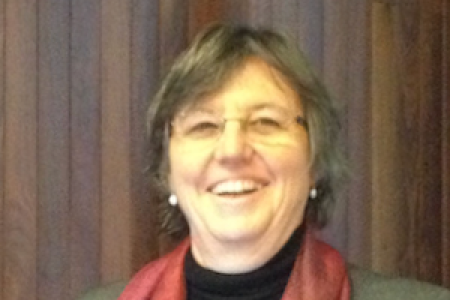
Michaëlle De Cock

Michaëlle De Cock
Michaëlle De Cock (PhD, University of Paris VI) has been a leading researcher for the ILO on methodologies to survey and estimate forced labour and trafficking of adults and children for the last 15 years and is currently Head of the Research of Evaluation Unit in ILO-Fundamental Principles and Rights at work Branch.
She has been actively involved in key global estimates published by the ILO: the first estimate of the worst forms of child labour in 2002 (which included trafficking and forced labour) and the two global estimates of forced labour in 2005 and 2012, resulting from a capture-recapture of reported cases of forced labour. In 2017 and 2021, she has co-led the production of the global estimates of child labour and modern slavery, including the forced labour component.
Tuesday, 17 May
The panel discusses strategies to prevent child labour during/after a crisis, building on the ongoing humanitarian response and focusing specifically on children involved.
The event describes the progress that has been made in building the evidence base on child labour, forced labour, and human trafficking, and highlight gaps in knowledge to bridge these gaps.
Thursday, 19 May
The panel aims to understand and shed light on the complex root causes of child labour and its consequences in terms of perpetuating the cycle of poverty and situations of child labour.
Tuesday, 17 May
The event will highlight the importance of skills development services and post-training support to improve livelihoods, making families less vulnerable to forced labour and child labour.



